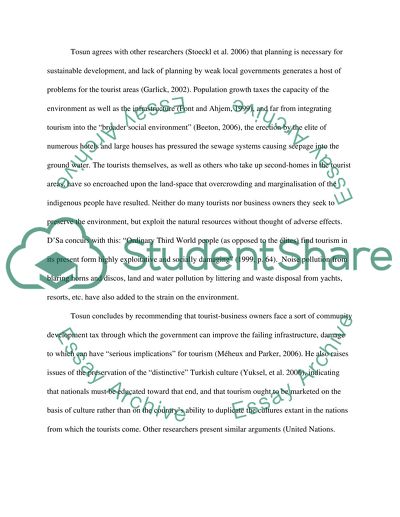Cite this document
(“Sustainable Tourism Development in Turkey Literature review”, n.d.)
Sustainable Tourism Development in Turkey Literature review. Retrieved from https://studentshare.org/tourism/1519453-tourism-development-essay
Sustainable Tourism Development in Turkey Literature review. Retrieved from https://studentshare.org/tourism/1519453-tourism-development-essay
(Sustainable Tourism Development in Turkey Literature Review)
Sustainable Tourism Development in Turkey Literature Review. https://studentshare.org/tourism/1519453-tourism-development-essay.
Sustainable Tourism Development in Turkey Literature Review. https://studentshare.org/tourism/1519453-tourism-development-essay.
“Sustainable Tourism Development in Turkey Literature Review”, n.d. https://studentshare.org/tourism/1519453-tourism-development-essay.


